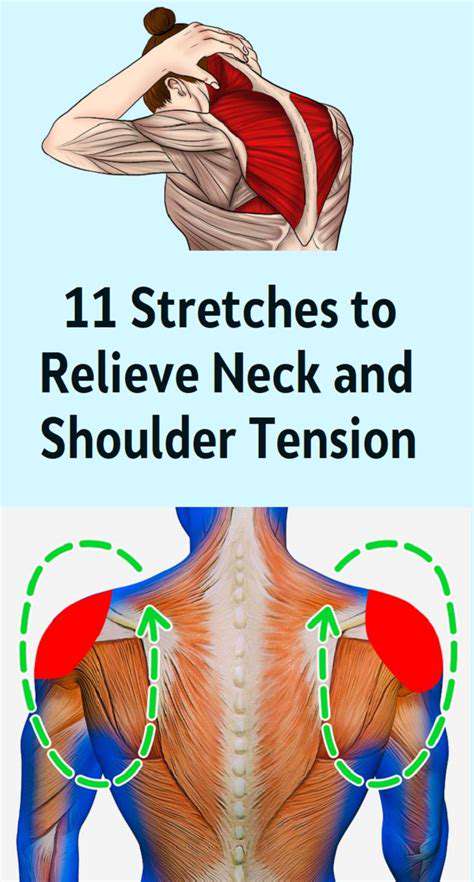Causes and Solutions for Morning Headaches: Why Do They Happen?
Common Causes of Morning Headaches

Dehydration
One of the most prevalent causes of morning headaches is dehydration. When your body lacks sufficient water, it can lead to headaches as the brain temporarily contracts from fluid loss. This often happens if you haven’t consumed enough fluids the previous day or if you wake up and haven’t had any water overnight.
To combat dehydration, it's advisable to establish a routine of drinking water before bed. This simple habit can make a significant difference in how you feel when you wake up. Additionally, consider keeping a glass of water by your bed to sip on first thing in the morning.
For those who frequently suffer from morning headaches due to dehydration, tracking your water intake can be beneficial. Aim for at least eight 8-ounce glasses a day, or more if you engage in vigorous exercise or live in a hot climate.
Sleep Disorders
Sleep disorders, such as sleep apnea, can also contribute to morning headaches. These disorders disrupt the natural sleep cycle and prevent quality rest, which is essential for overall health. When your sleep is interrupted, it can lead to tension and pressure in the head upon waking.
If you suspect you have a sleep disorder causing your headaches, consider consulting a healthcare professional for a sleep study. Identifying and treating the underlying issue can lead to improvements in both your sleep quality and headache frequency.
Moreover, adopting good sleep hygiene practices can help alleviate headaches caused by poor sleep. This includes maintaining a consistent sleep schedule, creating a restful sleeping environment, and avoiding screens before bed.
Stress and Anxiety
Stress and anxiety are significant contributors to morning headaches. As you go through your day, the accumulated tension can manifest as a headache the following morning. Understanding your stress triggers can help you manage and reduce the likelihood of these headaches.
Incorporating relaxation techniques such as meditation, yoga, or deep-breathing exercises can significantly benefit those prone to stress-induced headaches. By practicing these techniques, you can lower your stress levels and improve your overall emotional well-being.
Additionally, keeping a journal of your thoughts and feelings may help you identify patterns in your stress that lead to headaches. By documenting these triggers, you can work on strategies to cope with them effectively.
Poor Sleep Posture
The way you sleep can drastically affect your likelihood of waking up with a headache. Poor sleep posture can lead to strain in the neck and shoulders, which often results in tension headaches. Investing in a good quality pillow and mattress can mitigate some of these issues.
It’s important to ensure that your pillow provides proper support for your neck and whether your mattress is conducive to good spinal alignment. Experimenting with different pillow heights might yield better sleep and headache relief.
If you consistently wake up with headaches, evaluate your sleep position. Side sleeping or back sleeping may be comfortable for some, but you may need to adjust based on your individual needs to prevent strain on your body.
Medication Overuse
Interestingly, medication overuse can also lead to morning headaches. This phenomenon occurs when individuals use pain relief medications frequently, which may result in a rebound headache effect. It’s crucial to recognize if your headache treatment is becoming a part of the problem.
If you find that you are taking pain relief medication more than two or three times a week, it may be time to reconsider your approach. Consulting with a healthcare provider can help you create a more sustainable plan for headache management that doesn't involve over-relying on medication.
Additionally, exploring alternative therapies such as acupuncture, physical therapy, or behavioral therapies may provide relief and reduce reliance on medication. Always communicate with your doctor before making any changes to your treatment plan to ensure safety and effectiveness.
Effective Solutions to Alleviate Morning Headaches
Understanding the Root Causes of Morning Headaches
Morning headaches can stem from various underlying issues that affect individuals differently. One common cause is sleep disorders, such as sleep apnea, which disrupt the natural sleeping cycle and lead to inadequate rest.
Another potential contributor is tension headaches, which may arise from muscle strain or stress accumulated during the day. If the body is tense, particularly in the neck and shoulders, it can lead to discomfort upon waking.
Dehydration is also a significant factor. Many people do not drink enough water throughout the day or before bed, and they may awaken feeling the effects of dehydration, which can manifest as a headache.
A diet high in caffeine or the sudden withdrawal of caffeine can lead to morning headaches as well. The body can become dependent on caffeine, and a lack of it can lead to withdrawal symptoms, including headaches.
Lastly, poor sleeping posture can contribute to headaches. If the head, neck, and spine are not properly aligned during sleep, it can result in tension and lead to discomfort in the morning.
Identifying Triggers and Patterns
To effectively manage morning headaches, it is essential to identify their triggers and patterns. Keeping a headache diary can be a beneficial first step. Track when headaches occur, their intensity, duration, and any accompanying symptoms.
Recognizing consistent patterns can help pinpoint specific triggers, such as particular foods or beverages consumed the night before, or stress levels during the day.
Understanding the relationship between sleep quality and morning headaches is crucial. Monitor sleep duration, the time taken to fall asleep, and any interruptions during the night to gain insights into potential problems.
Additionally, hormone fluctuations may trigger headaches in some individuals, especially women. Tracking menstrual cycles can provide insights into how hormonal changes impact headache occurrence.
Lastly, environmental factors such as changes in weather, exposure to strong odors, or allergens can also be contributing factors. Make note of any such changes around the time headaches occur.
Holistic Approaches to Prevention and Relief
Incorporating holistic practices into daily routines may alleviate morning headaches. Regular physical activity is one powerful solution, contributing to overall health and reducing tension in the body.
Meditation and mindfulness techniques can also help manage stress, promoting relaxation and reducing the likelihood of tension headaches. Even a few minutes of deep breathing can create significant benefits.
Establishing a consistent sleep routine is another vital strategy. Going to bed and waking up at the same time every day helps regulate the body's internal clock and improves sleep quality.
Maintaining hydration is crucial. Aim to drink enough water throughout the day and consider a glass of water before bed to counteract potential dehydration.
Furthermore, creating a comfortable sleeping environment can prevent morning headaches. This includes ensuring a supportive mattress and pillows and avoiding exposure to bright lights or noises during sleep.
Medical Solutions and When to Seek Help
While incorporating lifestyle changes can alleviate morning headaches, some individuals may require medical intervention for relief. Over-the-counter pain relievers can be effective for occasional headaches, but they should be used judiciously.
If headaches are frequent or severe, consulting with a healthcare professional is advisable. They can help identify any underlying medical conditions that may be contributing to the problem.
Prescription medications, such as triptans, may be recommended for migraines or other severe headaches. These drugs work by constricting blood vessels and alleviating pain.
In some cases, a healthcare provider may recommend preventive medications to reduce the frequency and severity of headaches. These can include beta-blockers, anti-seizure medications, or antidepressants.
Lastly, exploring alternative treatments such as acupuncture or chiropractic care can provide additional relief. These therapies may help address physical factors contributing to headaches and promote overall well-being.


